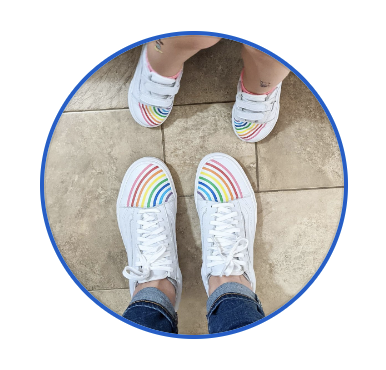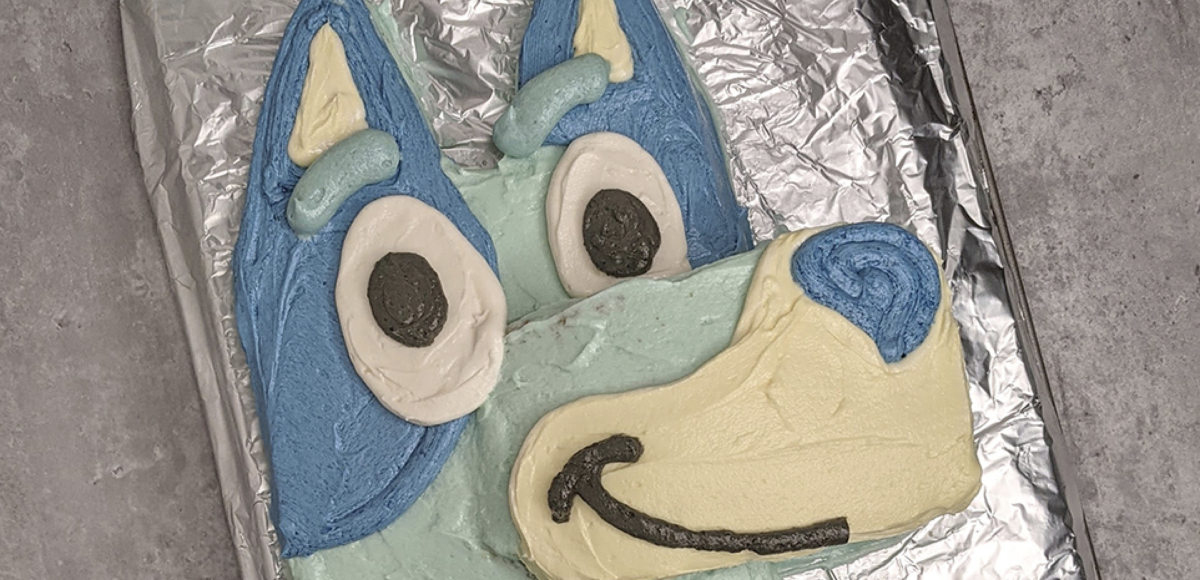This post may contain affiliate links. Every link is hand-selected by our team, and it isn’t dependent on receiving a commission. You can view our full policy here.
Bob Goff is one of those people you marvel at, with that sort of “how does he do it all?” wonder, though honestly, that’s the last thing he’d want from you. The Love Does author would argue he’s just working on “becoming love,” as he puts it. Even if that means learning to skydive to spend more time with his son, publishing his phone number in his debut book and committing to answering every call that comes in (even the jailhouse ones that cost him $9.95 apiece), and hauling around a bucket for a while to remind himself that he’s becoming whatever he fills his life with.
It’s a journey he chronicles in his latest book, Everybody Always, and it helped reconcile part of my internal struggle. Over the years, I’ve found certain people almost view “nice” as a dirty word. It indicated a meekness, a weakness; something that should be stamped out, lest the world take advantage of you. Lately, it’s something I’ve been struggling with — where do you draw the line between being compassionate and being a doormat? And how can you possibly be nice when you’re stuck in gridlock and that guy blaring his horn behind you and nearly rear-ending you exists?!
“Something happens when you’re on walkie-talkies. … you’re both instantly transformed into 9-year-olds. No one has cancer, nobody is alone, and no one is terrified anymore.”
— Bob Goff, Everybody Always
Every story underscores this point, and while there are some astonishing ones — like Bob’s fight to save Ugandan kids from being abducted and killed by witch doctors, a very real threat even today — the stories that really stuck with me were the small, everyday ones. The ones that can apply to anyone’s day-to-day life, no matter how ordinary your existence may seem.
One, in particular, left me crying on the subway. It was a simple story about Bob’s neighbor, a woman named Carol, whom his family befriended. One day, she called to tell him she had cancer. She’d been living alone, had just gotten this news, and she was scared. So Bob surprised her with … walkie talkies. It was a simple gift, and a great one.
“Something happens when you’re on walkie-talkies. You get the same feeling when you connect two peach cans together with a string — you’re both instantly transformed into 9-year-olds. No one has cancer, nobody is alone, and no one is terrified anymore,” he wrote. “These walkie-talkies didn’t fix her cancer. Something much bigger happened — she wasn’t afraid anymore.”

Throughout her battle with cancer, Bob and his family found little ways to make the world seem less lonely for Carol. Once, it meant crossing an item off her bucket list — toilet papering someone’s house — other times it was getting to star in (or be the surprise detour for everyone in) the neighborhood parade the Goffs held each year. That’s what love is — it’s the little, invisible moments where you show you care that often resonate the most. It’s the things that shrink people’s fears, that remind them they’re not alone, that make us all feel connected to something bigger than ourselves.
With each chapter, the book was an invitation: Who are you becoming, day by day? And whose life is a little richer, because of the way you cared for them? It reminded me I have a lot of work to do. But that work doesn’t have to be so big, so grandiose, to make an impact.
You can find Everybody Always on Amazon or at most major bookstores.
Photo by Tyler Nix on Unsplash
Note: This post contains affiliate links, which means LBW receives a portion of the proceeds from any sales. These funds help pay for the site’s domain and web hosting services.




